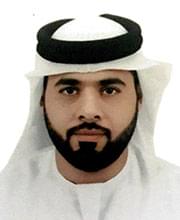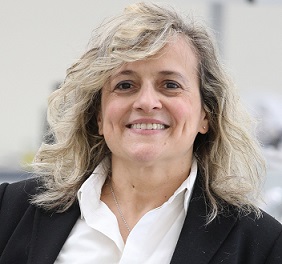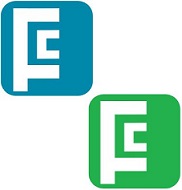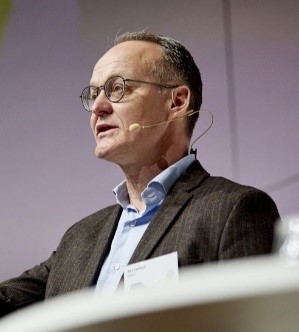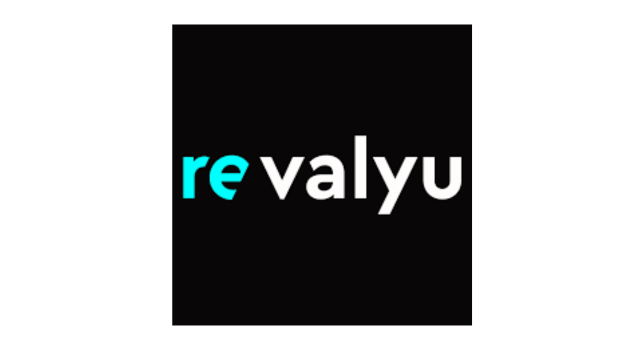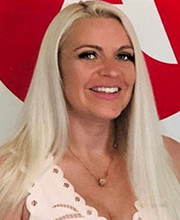Who will attend?
This workshop is designed for policymakers, environmental consultants, business leaders, sustainability officers, and industry stakeholders involved in waste management, packaging, and environmental compliance.
Why should you attend?
Attending this workshop will provide participants with a comprehensive understanding of the UAE's EPR regulations and single-use plastic ban. Participants will learn from industry experts about the latest compliance strategies, innovative solutions, and best practices for reducing plastic waste. This is an excellent opportunity to network with peers, share experiences, and collaborate on sustainable initiatives that align with the UAE's environmental goals.
Workshop moderator:
Shereen Shaheen, Corporate Affairs & Sustainability Expert, Tetrapak
Speakers:
Gabriella Borgovan, Principal, Roland Berger
Monir Salem Bou Ghanem, Advisor - Environment Policy and Regulations, Environment Agency - Abu Dhabi
Tawfik El Kheshen, Managing Director, Apex Consulting
Panel discussion
Panelists:
- Sara Jackson, Technical Director, Circular Packaging Association
- Sebastian Frisch, Managing Director, Black Forest Solutions GmbH
- Priya Sarma, Sustainability and Corporate Affairs Head UAE and Beauty & Wellbeing Categories, Unilever (Business Coalition)
- Leila Harmouch, Sustainability Manager, Napco
- Jamila El Mir, Sustainable Transitions Policy and Strategy Expert, Dubai Environment and Climate Change Agency
Q&A session with the panelists, speakers and workshop delegates
Additionally, we will have round table discussions in smaller groups to facilitate in-depth conversations and practical problem-solving.


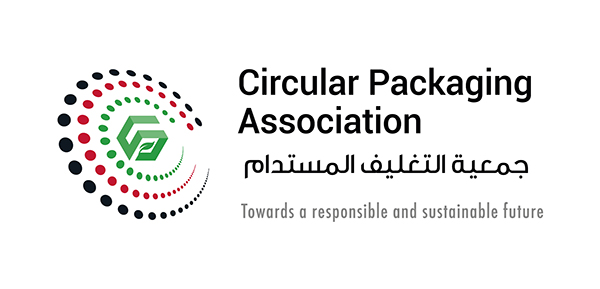
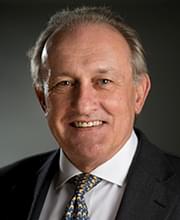



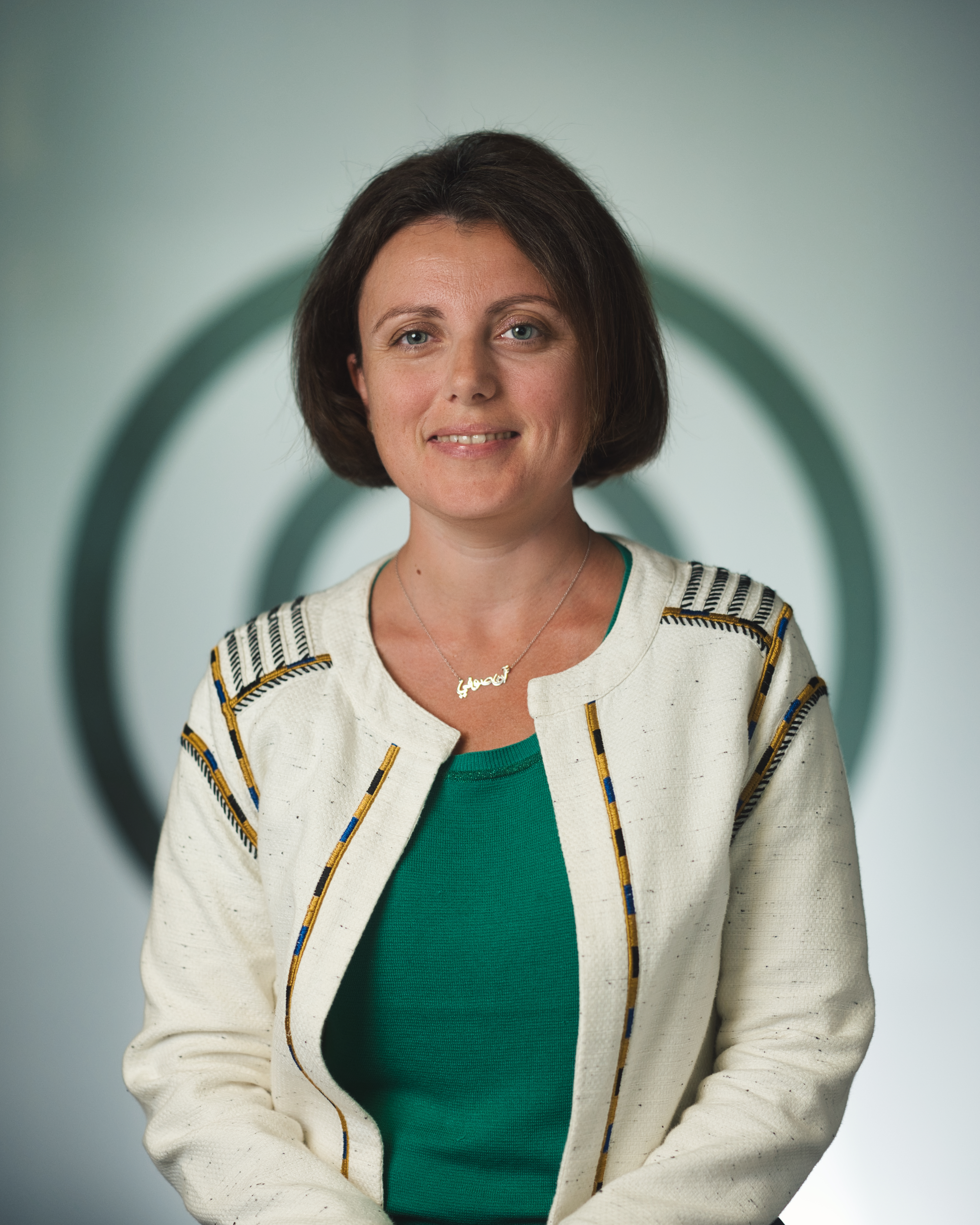
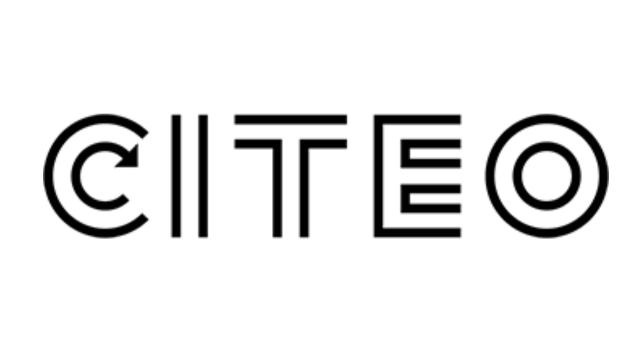



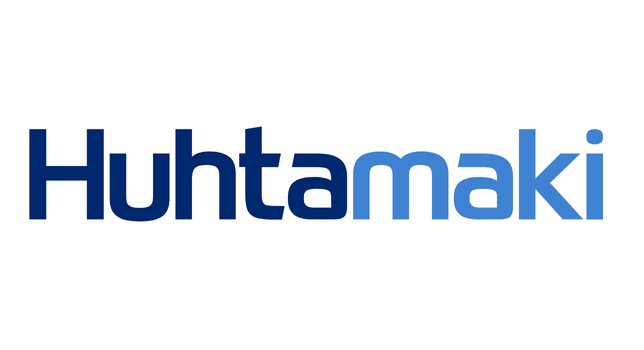

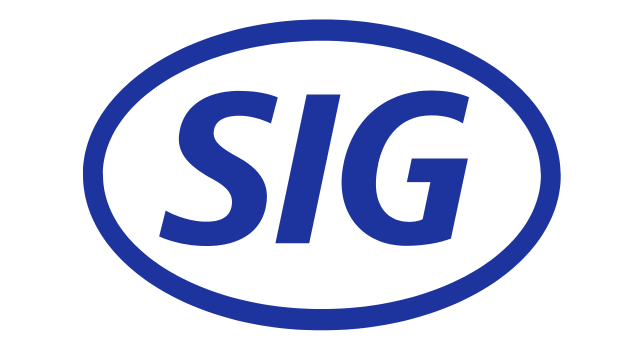

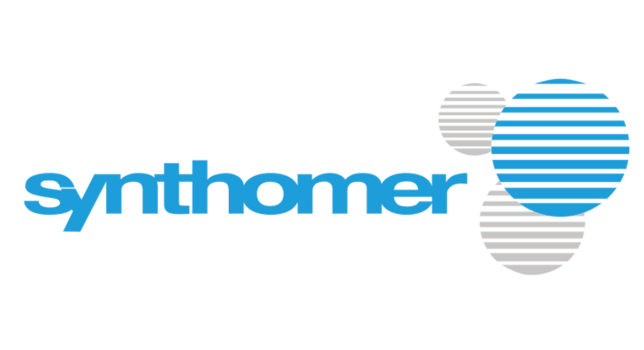

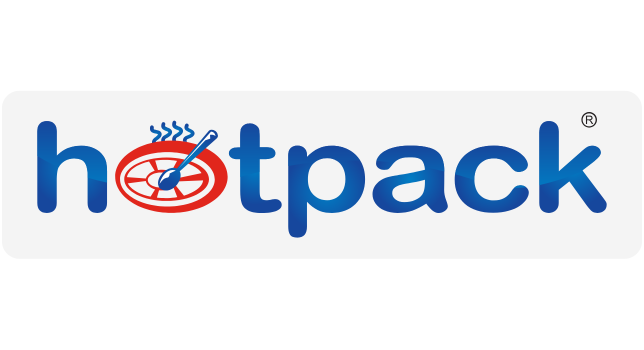


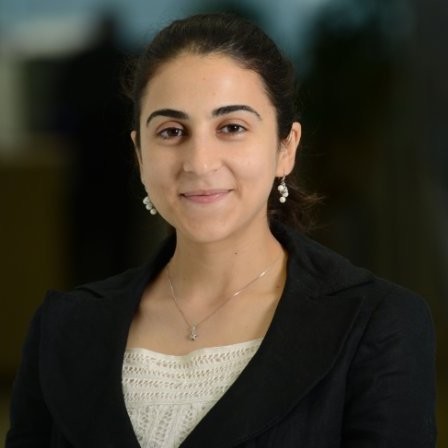
.png?ext=.png)
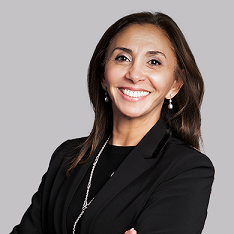


_a.jpg?ext=.jpg)
.png?ext=.png)
.png?ext=.png)
